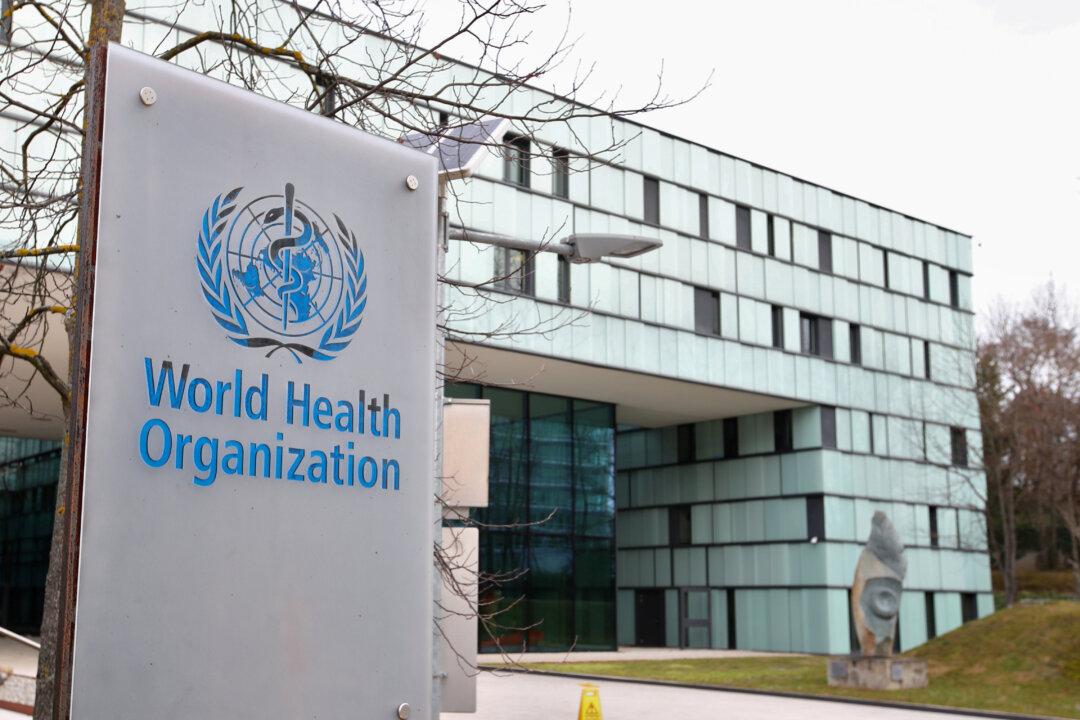Despite the failure of the Biden administration to give the World Health Organization (WHO) powers to impose a health emergency on any nation without consent, efforts to empower the WHO through regulatory overreach are continuing, said Alex Newman, an award-winning international journalist.
In January 2022, the Biden administration proposed 13 amendments to the International Health Regulations that would give the director-general of the WHO—a position currently held by Tedros Adhanom Ghebreyesus—the unilateral authority to declare a public health emergency in any nation based on whatever evidence the director chooses.






